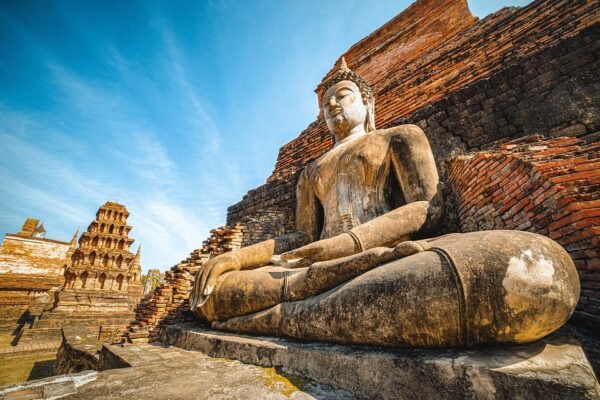

On this day: February 2
1922 – James Joyce’s Ulysses Published
On February 2, 1922, Irish author James Joyce’s groundbreaking novel Ulysses was published in Paris. The novel is considered one of the greatest works of modernist literature and is known for its experimental narrative style. Ulysses follows the lives of three main characters – Leopold Bloom, Stephen Dedalus, and Molly Bloom – over the course of a single day in Dublin, Ireland. The novel’s stream-of-consciousness writing and use of multiple narrative perspectives have influenced generations of writers and readers.
1943 – Battle of Stalingrad Ends
The Battle of Stalingrad, one of the bloodiest battles in human history, came to an end on February 2, 1943. The battle, which lasted for over five months, saw the Soviet Union defeat Nazi Germany in a brutal and costly confrontation. The city of Stalingrad, now known as Volgograd, was left in ruins, and millions of soldiers and civilians lost their lives. The Soviet victory at Stalingrad was a turning point in World War II and marked the beginning of the end for the German army on the Eastern Front.
1971 – Idi Amin Seizes Power in Uganda
On February 2, 1971, Ugandan military officer Idi Amin overthrew the government of President Milton Obote in a military coup. Amin, a brutal dictator known for his human rights abuses and violent rule, would go on to lead Uganda for nearly a decade. Under his regime, thousands of Ugandans were killed, tortured, and displaced, leading to widespread suffering and instability in the country. Amin was eventually overthrown in 1979, but his legacy of violence and oppression continues to haunt Uganda to this day.
1990 – Nelson Mandela Released from Prison
On February 2, 1990, South African anti-apartheid activist and future president Nelson Mandela was released from prison after 27 years of incarceration. Mandela had been imprisoned for his role in the struggle against apartheid, the system of racial segregation and discrimination that had been in place in South Africa for decades. Mandela’s release marked a turning point in the fight against apartheid and set the stage for his eventual election as the country’s first black president in 1994. Mandela’s legacy as a champion of peace, justice, and reconciliation continues to inspire people around the world.
2004 – Mark Zuckerberg Launches Facebook
On February 2, 2004, Harvard University student Mark Zuckerberg launched a social networking website called Facebook from his dorm room. Initially created as a platform for college students to connect and share information, Facebook quickly grew in popularity and eventually became one of the largest social media platforms in the world. Today, Facebook has billions of users and has revolutionized the way people communicate, share information, and interact online. Zuckerberg’s creation of Facebook has had a profound impact on society and has changed the way we connect with one another in the digital age.







